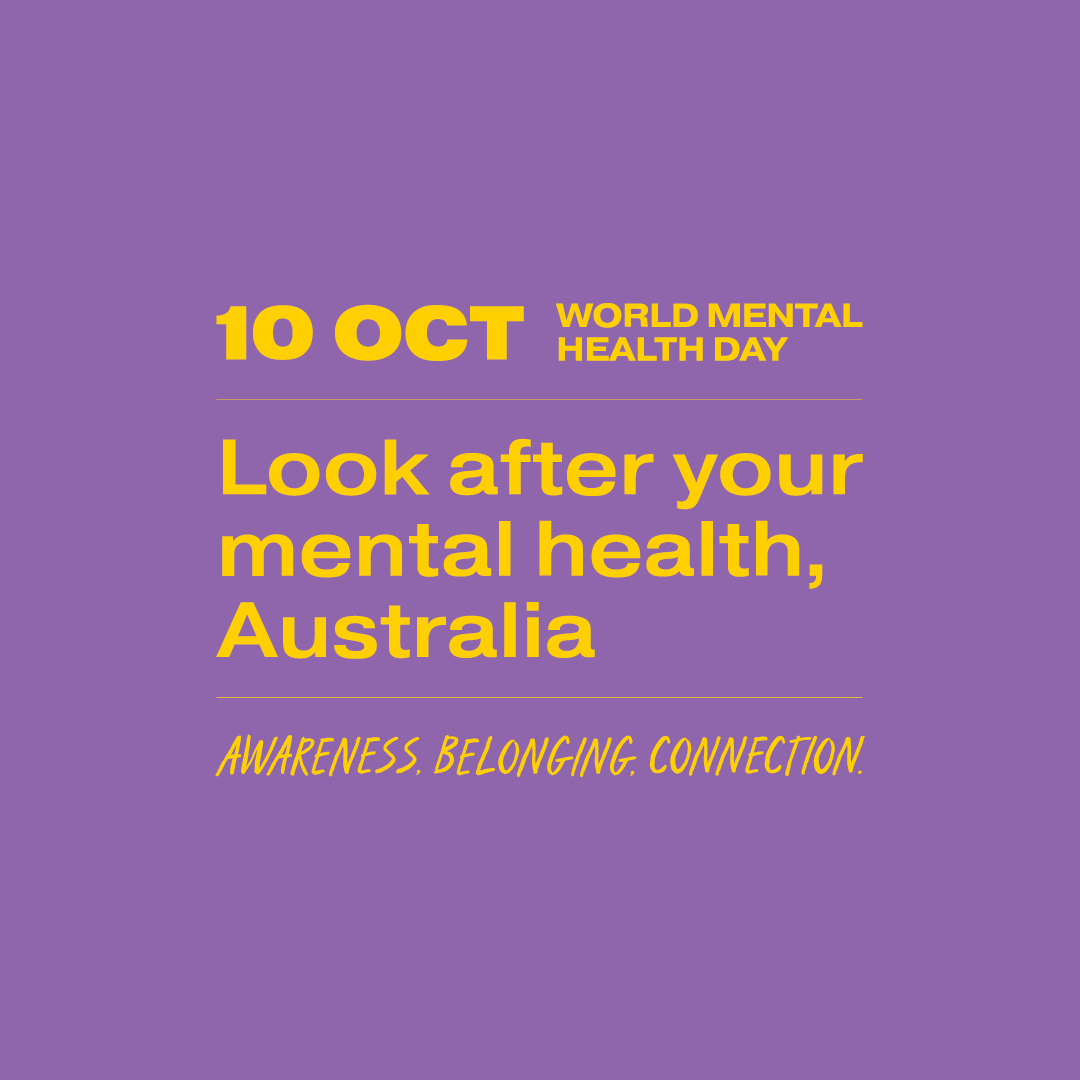Christmas is a time for giving, caring and connecting with others. Can we extend the sentiment of compassion to ourselves too?
What does self-compassion involve?
Self-compassion is about treating ourselves with the same kindness, care and forgiveness that we treat our good friends with.
This includes loosening the hold of non-compassionate or bossy thoughts and beliefs we may have. Here are some Christmas Classics:
‘I’m a horrible person for that mean comment I made’, ‘I need to have my house looking perfect in case people drop in’, ‘I’m a failure for not sticking to my healthy eating plan’, ‘I screwed up’, ‘I can’t believe I just did that’, ‘I’m terrible for not wanting to spend time with my family’…... and so on.
If we really pay attention to how things actually are rather than how we think they should be, we’d notice that human fallibility is universal and a normal part of life. This understanding may make it easier to forgive ourselves when we do make a mistake, or don’t say the ‘right’ thing or ‘fail’ at something, or behave in a way that is not aligned with the best self we want to be.Making mistakes is how we learn and grow. We need a range of experiences to develop as a person and to grow in to the space of who we want to become.
What’s the cost of not being self-compassionate?
When we are compassionate to ourselves, we forgive. We are also less likely to waste time or energy avoiding unwanted internal experiences, or alternatively – dwelling on them. How many times have you skipped a session at the gym and then spent the next three hours feeling guilty about it?
Feelings of guilt, shame and failure can create a negative view of yourself that can be crippling and stop us from moving forward in life and trying out new things. This relates to the now-popular concept of a growth mindset.

Quick Overview: Growth v Fixed Mindset
There’s good reason that many people and organisations these days are learning about and taking steps to build a growth mindset.
If you believe success in life, be it sports, business, education or any area where skill and expertise is involved, can be gained through learning and improving, then you are going to put the effort in to develop ability i.e. by adopting a growth mindset.
In contrast, if you have a fixed mindset about something and believe skills are innate, or if you fear failure, then you wouldn’t bother committing to trying if you didn’t think you were born with that particular competency (e.g. ‘I’m just not creative’). You are also less likely to
dust yourself off and have another go after a setback.
We’ll take a deeper look at the benefits of a growth mindset and how to foster one in our 2019 e-news. For now, think about how a self-compassionate attitude might help trigger a growth mindset. For instance, being accepting and kind to yourself when you make a mistake or are less than perfect can pave the way to self-improvement efforts because you are encouraging the self-belief that you can do it, and that improvement is possible.
 Three Self-compassion Holiday Hacks
Three Self-compassion Holiday Hacks
How about in addition to giving gifts to others or getting caught up in the Christmas commercial frenzy this year, you give yourself a gift with the commitment to practice self-compassion. One way to think about this is to be your own ‘perfect parent’. Someone who loves you unconditionally, wants the very best for you, believes in you and who tells you ‘it will be ok’. Here’s some practical tips to think about adopting over the festive season:
1. Turn it Around
Track how often you criticise yourself vs. support yourself in a day. If you notice that there are more self-criticisms than encouragements, set an intention to shift the ratio towards kindness and self-compassion
2. Get Practical
What’s something you can do each day over the festive season that is an act of self-compassion or self-care? Maybe something you really need or want to do. Notice how you feel about this and if you feel uncomfortable, gently move your attention away from these feelings or thoughts and take the action anyway.
3. Let go of Perfectionism
Sometimes we have unrealistic and unhelpful expectations of ourselves. This might include very high standards where there’s no room for error. Instead of interpreting it as meaning something about your overall ability (e.g. ‘I always suck at things like this’), or future success (e.g. ‘There’s no point in me trying to find a better job’) when you fall short of your standards, commit to reflecting on how might you interpret it differently. Is there something you can learn from the experience, or perhaps it’s a chance to practice self-compassion?






Comment